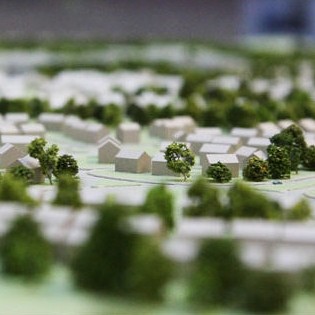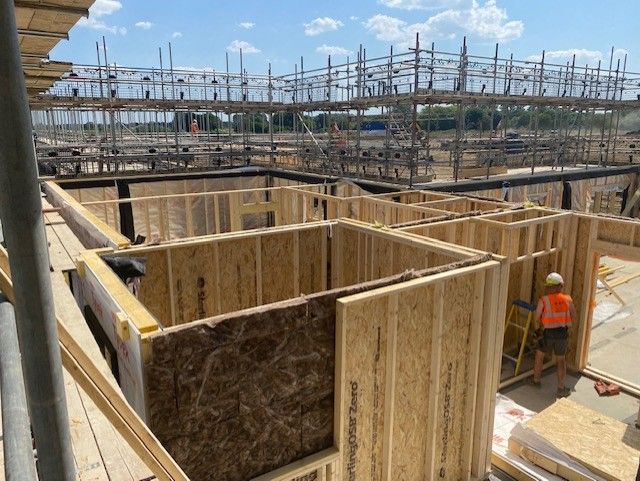
Hometrack’s UK Cities House Price Index reveals that the number of housing sales over the past 12 months has fallen by 2% across the UK’s top 20 cities.
London has seen a 7% dip in transactions and Cambridge has seen sales fall by a fifth (20%) over the same period. Meanwhile city level house price inflation has increased to 10.2%, up from 8.6% a year ago largely due to constricted supply.
The average UK city house price currently stands at £231,700 ranging from £109,000 in Glasgow to £455,000 across London.
However, there are signs that the annual rate of growth in high growth cities in southern England is starting to plateau as the level of housing sales slows and affordability pressures on would-be buyers increase. Uncertainty around the so-called ‘Brexit referendum’ is also likely to slow activity further.
Questions remain as to the level to which the campaign will influence households’ decision making and overall levels of housing market activity. The Brexit referendum comes at a time when other policy measures such as higher stamp duty for investors and second home owners are expected to impact market activity from investors who accounted for 1 in 5 sales in 2015.
Richard Donnell, Insight Director at Hometrack says: "Slower growth in sales volumes has been a trend seen over the last 3 years across the high value, high growth cities such as Cambridge, Oxford, Aberdeen and London where house prices have been rising for six consecutive years. High housing and moving costs are limiting access to the market for a growing number of households which, in our view, will result in lower turnover and slower house price growth.
"The EU referendum adds further complexity to an already complex outlook. Our analysis shows that the Scottish referendum, and the 18 month campaign that preceded it, resulted in 10% fewer transactions and slower house price growth over the period relative to England. The shorter run up to the EU vote will help but the true impact will depend on how quickly the campaigning focuses on the economic ramifications for UK households and the knock on effect for housing related decisions as Scotland proved. A vote to remain in the EU should see a return to business as usual whereas a vote to leave will create additional uncertainty.
“After a 3 year upturn in housing market activity and house prices the outlook for the market appears increasingly tied up with policy impacts and the potential outcome of the referendum rather than the operation of market forces. Businesses operating in housing face risk and uncertainty which will have to be managed and monitored carefully.”




















